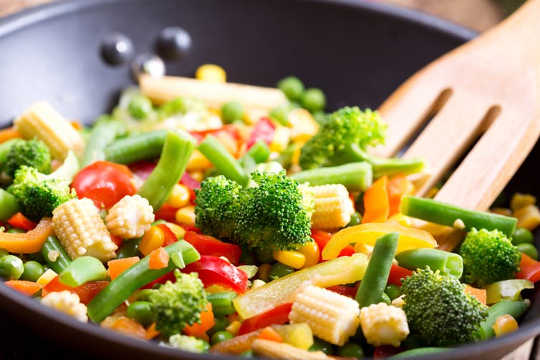 A flexitarian is defined as “one whose normally meatless diet occasionally includes meat or fish”. The term, first coined in 1998, describes people who mostly, but don’t always eat vegetarian foods.
A flexitarian is defined as “one whose normally meatless diet occasionally includes meat or fish”. The term, first coined in 1998, describes people who mostly, but don’t always eat vegetarian foods.
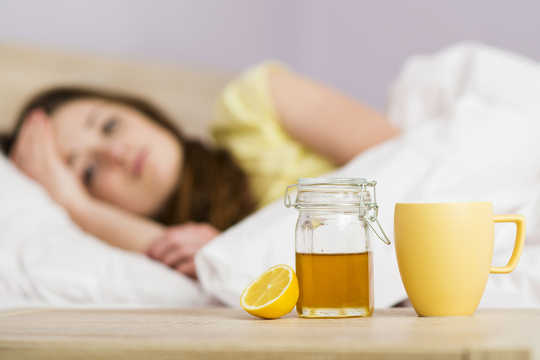 This year’s influenza outbreak is increasing nationwide, according to the Centers for Disease Control and Prevention, which reports more than 6,400 confirmed cases and 24 states with widespread flu activity through December 29.
This year’s influenza outbreak is increasing nationwide, according to the Centers for Disease Control and Prevention, which reports more than 6,400 confirmed cases and 24 states with widespread flu activity through December 29.
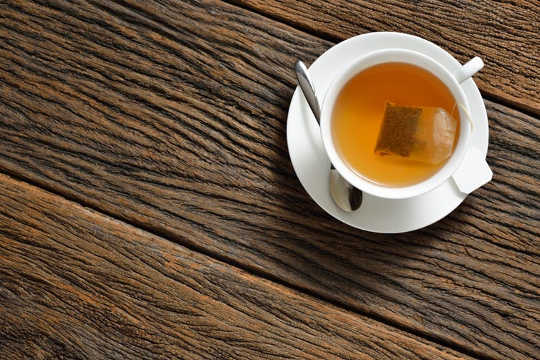 Caffeine is the most commonly used psychoactive substance in the world. And at average consumption levels, it is considered to be good for your health – or at least not bad for your health.
Caffeine is the most commonly used psychoactive substance in the world. And at average consumption levels, it is considered to be good for your health – or at least not bad for your health.
- By Marla Paul
 A pregnant woman’s high blood sugar level is linked to a significantly greater long-term risk of obesity in her child—even more than a decade later, a new study reports. The higher the woman’s blood sugar, the greater the risk of her child being obese.
A pregnant woman’s high blood sugar level is linked to a significantly greater long-term risk of obesity in her child—even more than a decade later, a new study reports. The higher the woman’s blood sugar, the greater the risk of her child being obese.
 Correcting vitamin D deficiency nearly halves the risk of potentially fatal lung attacks in patients with chronic obstructive pulmonary disease (COPD), our latest study has found.
Correcting vitamin D deficiency nearly halves the risk of potentially fatal lung attacks in patients with chronic obstructive pulmonary disease (COPD), our latest study has found.
- By Ian Musgrave
 With the extreme heat it is vital that everyone take appropriate steps to manage the heat, including drinking plenty of fluids.
With the extreme heat it is vital that everyone take appropriate steps to manage the heat, including drinking plenty of fluids.
 Almost half of all Canadians regularly take at least one nutritional supplement such as vitamins, minerals, fibre supplements, antacids and fish oils.
Almost half of all Canadians regularly take at least one nutritional supplement such as vitamins, minerals, fibre supplements, antacids and fish oils.
- By Steven Stack
 Suicide now ranks in the top 10 leading causes of death in the U.S.
Suicide now ranks in the top 10 leading causes of death in the U.S.
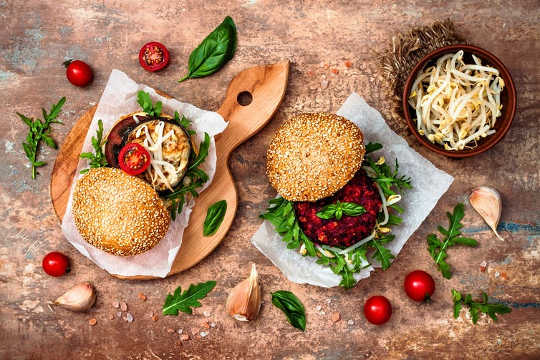 Flexitarians are those who still eat meat, but only on a part-time basis. Restaurants and fast-food chains have them top of mind, with A&W’s version of a veggie burger.
Flexitarians are those who still eat meat, but only on a part-time basis. Restaurants and fast-food chains have them top of mind, with A&W’s version of a veggie burger.
 There’s a lot to be said for sunshine – both good and bad. It’s our main source of vitamin D, which is essential for bone and muscle health.
There’s a lot to be said for sunshine – both good and bad. It’s our main source of vitamin D, which is essential for bone and muscle health.
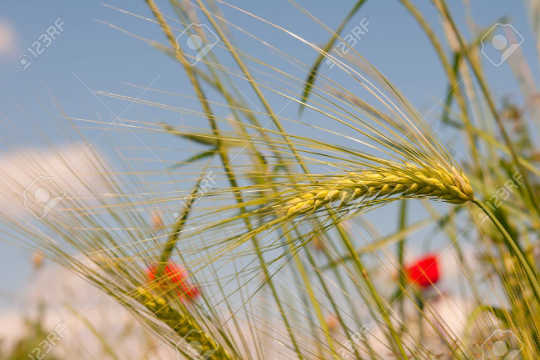 A natural antioxidant found in grain bran could preserve food longer and replace synthetic antioxidants currently in use, according to new research.
A natural antioxidant found in grain bran could preserve food longer and replace synthetic antioxidants currently in use, according to new research.
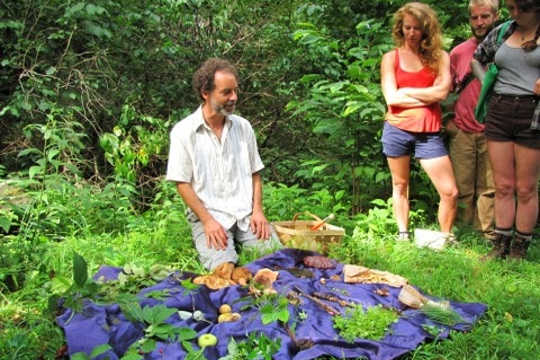 In the past few years, there’s been a resurgence in the idea of foraging for food. The practice of hand gathering plants and animals for bait, money or the table has long taken place
In the past few years, there’s been a resurgence in the idea of foraging for food. The practice of hand gathering plants and animals for bait, money or the table has long taken place
- By Karen Dwyer
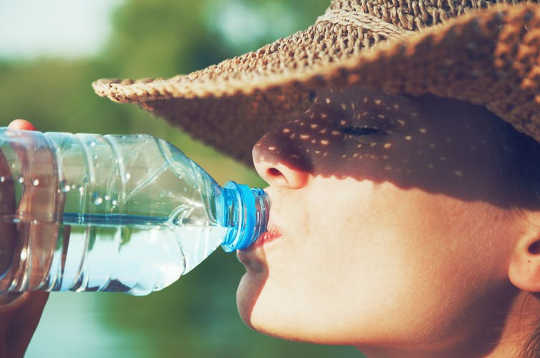 It’s a message that’s been drummed into us since childhood. Drink water, especially when it’s hot, otherwise you’ll get dehydrated.
It’s a message that’s been drummed into us since childhood. Drink water, especially when it’s hot, otherwise you’ll get dehydrated.
 Most of us, at some point, have turned to food to make ourselves feel better. Whether it is snuggling up with a pot of ice cream following a break up (channeling an inner Bridget Jones perhaps) or turning to chocolate and biscuits to keep us going through a difficult day at work.
Most of us, at some point, have turned to food to make ourselves feel better. Whether it is snuggling up with a pot of ice cream following a break up (channeling an inner Bridget Jones perhaps) or turning to chocolate and biscuits to keep us going through a difficult day at work.
 We all know the advice for healthy teeth – brush twice daily and don’t eat too much sugar. So why do those of us following these instructions find we sometimes need a filling when we visit the dentist?
We all know the advice for healthy teeth – brush twice daily and don’t eat too much sugar. So why do those of us following these instructions find we sometimes need a filling when we visit the dentist?
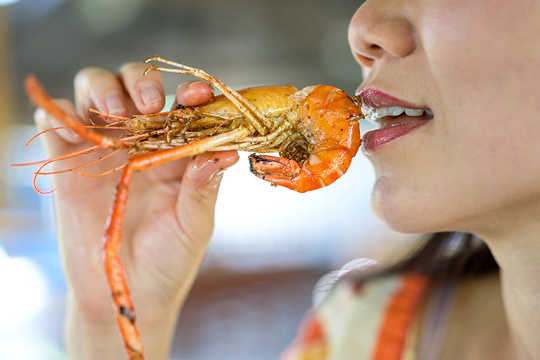 More than 10 percent of adults in the United States—over 26 million—are estimated to have a food allergy, and almost twice as many people believe they do, according to new research.
More than 10 percent of adults in the United States—over 26 million—are estimated to have a food allergy, and almost twice as many people believe they do, according to new research.
 Do you really know what you’re putting on your hair? Many hair dyes you can buy in the shops or hairdresser contain toxic chemicals
Do you really know what you’re putting on your hair? Many hair dyes you can buy in the shops or hairdresser contain toxic chemicals
- By Heidi Silver
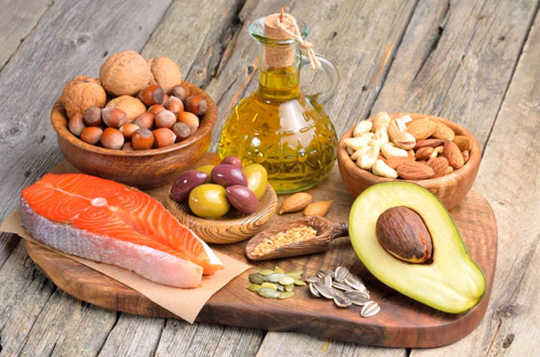 Public health guidelines, such as the Dietary Guidelines for Americans, have long emphasized reducing dietary fat intake, but nutritionists and other health scientists now have more recent evidence that not all fats have adverse effects.
Public health guidelines, such as the Dietary Guidelines for Americans, have long emphasized reducing dietary fat intake, but nutritionists and other health scientists now have more recent evidence that not all fats have adverse effects.
 Careful histories of people who come down with serious illnesses almost always reveal earlier warning signs that were ignored or treated superficially. Symptoms are like warning lights or gauges in your car. When the oil light goes on in your car, would you tape over it so you can go about your business?
Careful histories of people who come down with serious illnesses almost always reveal earlier warning signs that were ignored or treated superficially. Symptoms are like warning lights or gauges in your car. When the oil light goes on in your car, would you tape over it so you can go about your business?
 Just as our food diet affects our physical and emotional health, so does our “experience diet”. This is the day-to-day mix of the things we do, see, hear and feel. And, just like our food diet, the quantity, quality and balance of those experiences need to be right.
Just as our food diet affects our physical and emotional health, so does our “experience diet”. This is the day-to-day mix of the things we do, see, hear and feel. And, just like our food diet, the quantity, quality and balance of those experiences need to be right.
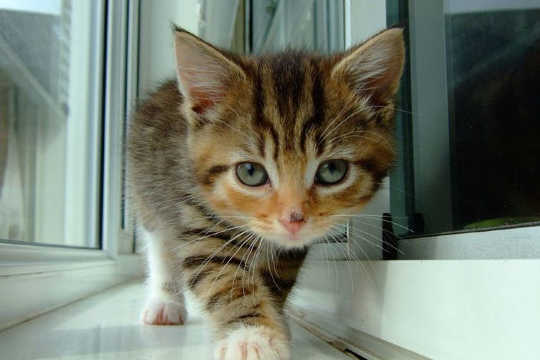 According to ReelSEO.com, a website about video marketing, there are more than two million cat videos on YouTube. People have watched these videos more than 25 billion times, which equates to an average of 12,000 views per cat video.
According to ReelSEO.com, a website about video marketing, there are more than two million cat videos on YouTube. People have watched these videos more than 25 billion times, which equates to an average of 12,000 views per cat video.
 Cleansing is the art and process of making health-enhancing dietary and lifestyle changes. These changes aid in effectively managing stress, eliminating toxins, improving nutritional intake, and cultivating a deeper connection with our innate wisdom.
Cleansing is the art and process of making health-enhancing dietary and lifestyle changes. These changes aid in effectively managing stress, eliminating toxins, improving nutritional intake, and cultivating a deeper connection with our innate wisdom.
 When I discovered that my illness was a cancer that needed to be powerfully and quickly released through surgery and chemotherapy, I became quite depressed. I couldn't blame the circumstances of my illness on my environment, for I ate well and cared for my body. I began to reflect on my...
When I discovered that my illness was a cancer that needed to be powerfully and quickly released through surgery and chemotherapy, I became quite depressed. I couldn't blame the circumstances of my illness on my environment, for I ate well and cared for my body. I began to reflect on my...
















